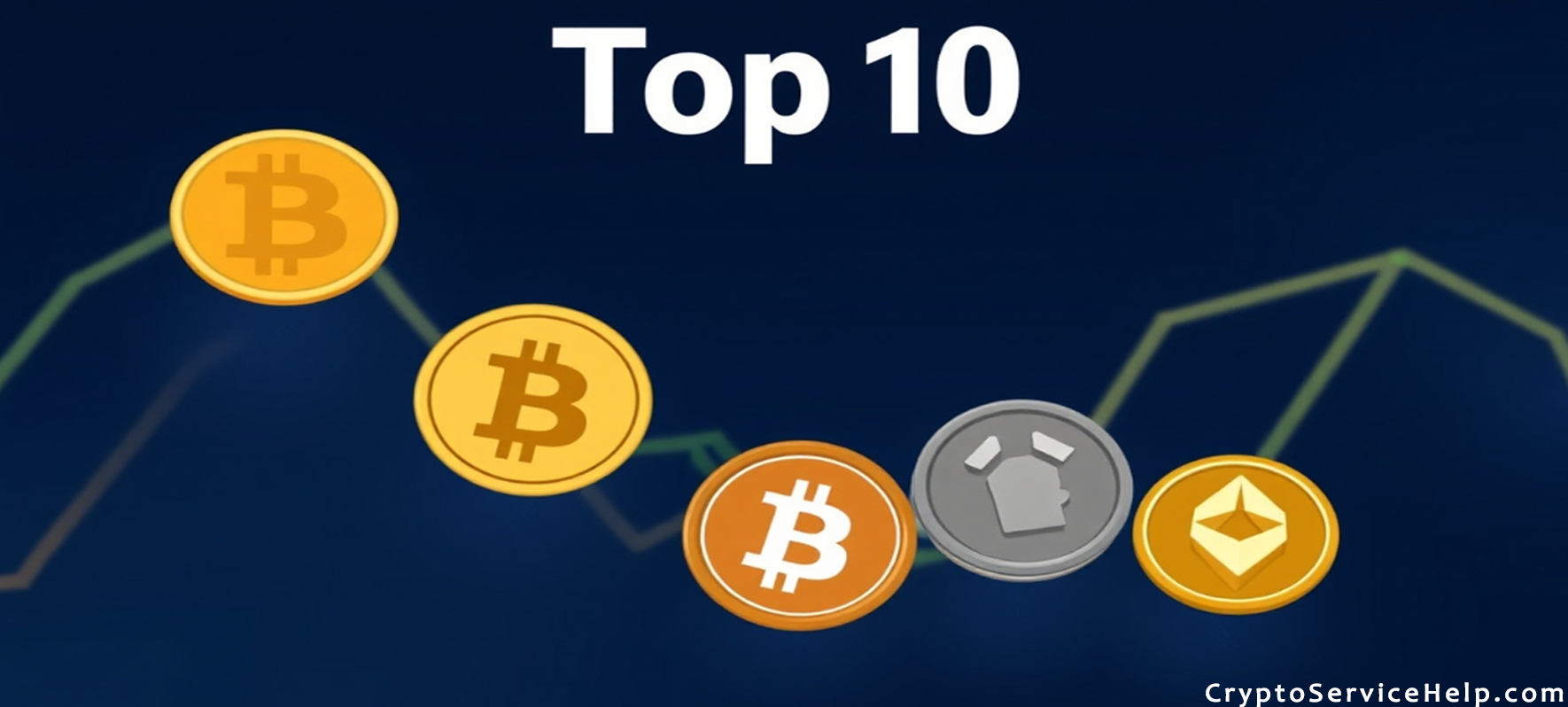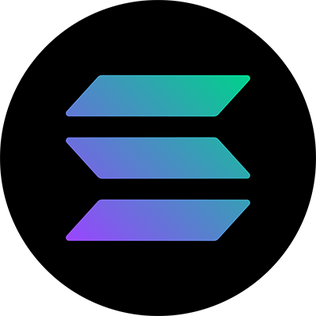
In 2024, the top 10 most popular cryptocurrencies are ranked based on market capitalization, utility, and adoption. These cryptocurrencies reflect a wide range of use cases, from digital gold to smart contract platforms and stablecoins.
Bitcoin (BTC)
Bitcoin is the original and most famous cryptocurrency, often referred to as "digital gold." Launched in 2009, it’s primarily used as a store of value and a medium of exchange, with its limited supply and decentralization making it a hedge against inflation and an alternative to traditional assets like gold.
![]() Ethereum (ETH)
Ethereum (ETH)
Ethereum is a decentralized platform for building and running smart contracts and decentralized applications (dApps). Its native cryptocurrency, Ether (ETH), is used not only for transactions but also to power applications built on the Ethereum blockchain. Ethereum's versatility has made it a leader in the decentralized finance (DeFi) and NFT sectors.
![]() Tether (USDT)
Tether (USDT)
Tether is a stablecoin that’s pegged to the value of the US dollar. It provides stability in the otherwise volatile crypto markets and is often used for trading, transferring money, and safeguarding against market swings. By maintaining a 1:1 ratio with the dollar, Tether offers a trusted way to store and transfer value without being affected by cryptocurrency price fluctuations.
![]() Binance Coin (BNB)
Binance Coin (BNB)
Binance Coin is the native cryptocurrency of the Binance exchange, one of the largest cryptocurrency exchanges in the world. Initially used for offering trading fee discounts, BNB has expanded into a utility token for a variety of use cases, including decentralized finance (DeFi), payments, and decentralized applications (dApps).
![]() USD Coin (USDC)
USD Coin (USDC)
Another popular stablecoin, USDC, is pegged to the US dollar and is widely used in cryptocurrency trading and remittances. USDC is known for its transparency, with regular audits ensuring that each USDC token is backed by a real US dollar, making it a safer option for storing value in unpredictable markets.
 Solana (SOL)
Solana (SOL)
Solana is a high-performance blockchain known for its speed and low transaction costs. It supports decentralized applications and non-fungible tokens (NFTs), making it a popular platform for developers and users alike. Its ability to process thousands of transactions per second has positioned it as a competitor to Ethereum in the dApp space.
![]() XRP (XRP)
XRP (XRP)
XRP, developed by Ripple Labs, is designed to facilitate fast and cost-efficient cross-border payments, primarily for financial institutions. Its key use case is bridging different fiat currencies quickly, making it an attractive option for banks and payment processors looking to improve the speed and cost of international transfers.
![]() Cardano (ADA)
Cardano (ADA)
Cardano is a blockchain platform that focuses on scalability, security, and sustainability. It was developed using a research-driven approach, with peer-reviewed technology and academic input shaping its development. Known for its strong commitment to security and scalability, Cardano is a platform for smart contracts, similar to Ethereum.
![]() Dogecoin (DOGE)
Dogecoin (DOGE)
Initially created as a joke or "meme coin," Dogecoin has gained a large and loyal following, particularly due to endorsements from high-profile individuals like Elon Musk. While it began as a fun and light-hearted cryptocurrency, Dogecoin has evolved into a widely-used token for tipping and donations, with a strong community backing it.
![]() Polygon (MATIC)
Polygon (MATIC)
Polygon is a Layer 2 scaling solution for Ethereum that aims to improve the scalability of the Ethereum network. By providing faster and cheaper transactions, Polygon enables decentralized applications (dApps) to operate more efficiently, making it a critical tool for developers looking to scale their projects without the high costs and slower speeds of the Ethereum mainnet.